Marcia’s story: authenticity is the key to success
Marcia Skervin shares her experience with entrepreneurship and the lasting impacts mentoring has had on her business.

Entrepreneurship takes discipline and authenticity. You have to be authentic to yourself and know what your strengths and weaknesses are.
Marcia Skervin owns Connect Your Dots, a human resources company in Kingston Jamaica. From 2020 to 2021 she took part in our Mentoring Women in Business programme, working with her own dedicated professional mentor who supported her to develop her business strategy. Three years after participating in the programme, Marcia shares her experience with entrepreneurship and the lasting impacts mentoring has had on her business.
“I started my entrepreneurial journey a long time ago, when I was around 19 or 20. I had children and I wanted to do something that would send a signal to them that it’s okay to pursue things that you like that are separate from the structured educational process. Being a single parent, I also wanted to give them lives that they could be comfortable in and proud of.
It’s difficult to start a business as a single mother who is doing everything and also trying to finish school. I didn’t know anything about business, but I knew I had passions and I pursued those passions. I had a lot of businesses over the years. Some failed; I always tell people that failure is a part of success. I started a tutoring business at one point. Then I had a salon that dealt with natural hair, because I wanted women to feel confident with their hair. At one point I also started a baking business, and I didn’t do a good job of it. I kept exploring my options until I found a business that was right for me.
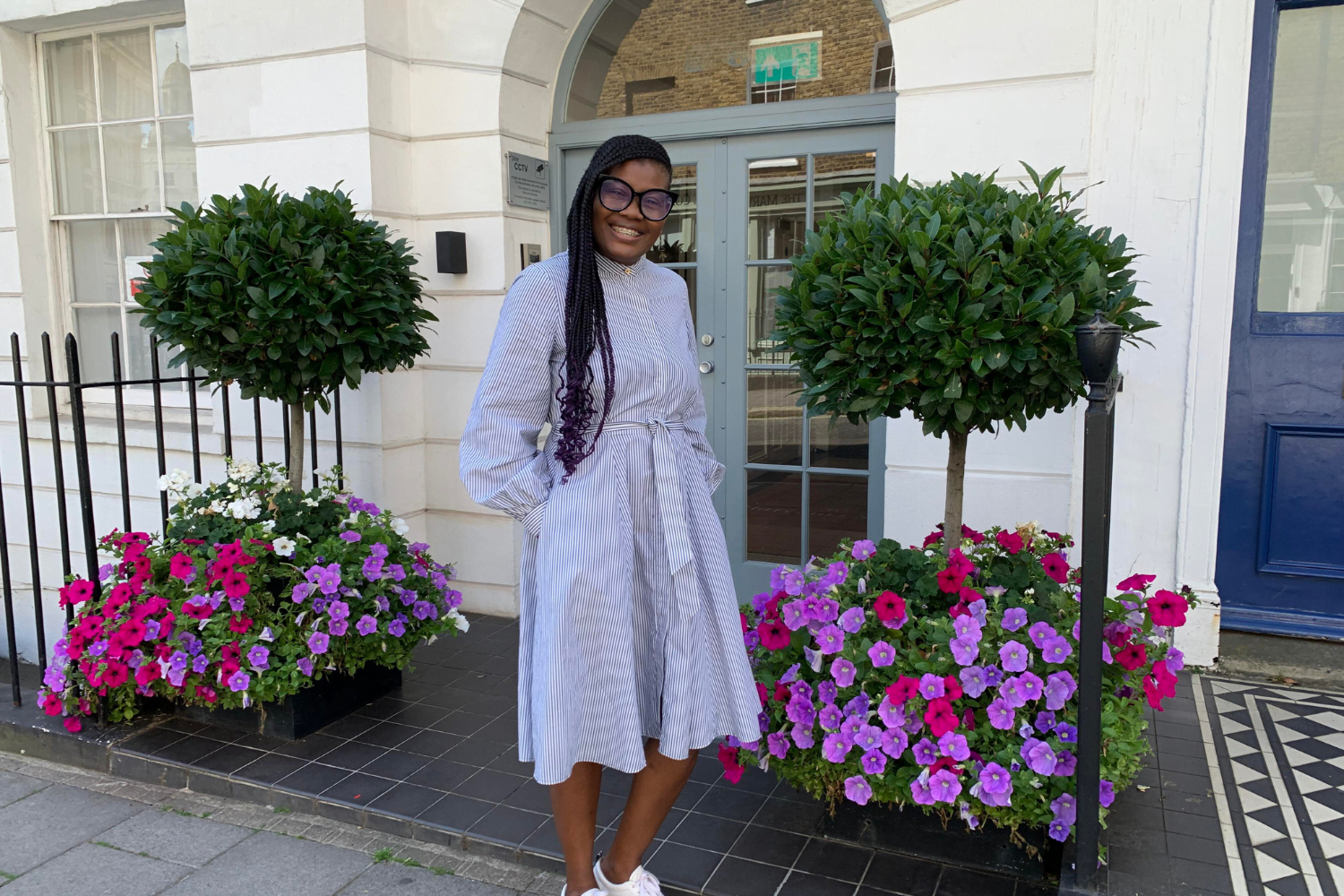
I saw myself wanting to change people’s lives and knew I had a talent for working with people. I started my current company, in human resources, and that’s when I really thrived. Jamaica was at a point where we had so much talent and I wanted to see people being empowered to act. My business started helping people, which was important to me.
Entrepreneurship takes discipline and authenticity. You have to be authentic to yourself and know what your strengths and weaknesses are. When I was coming up, I didn’t have appreciation for budgeting and financing, but I had to understand these things if I was going to maximise my business. I also had to learn how to package my services because I don’t have a tangible product in a physical form. It was difficult at first to put a price on my work.
Thankfully my parents were able to help me out by providing childcare, so I could spend more time focusing on my business. Family care often falls much more to women and many don’t have the luxury of trustworthy, reliable childcare that enables them to pursue business.
We definitely need much more supportive childcare systems and structures – when women have those options they are able to be more productive in business.
We definitely need much more supportive childcare systems and structures – when women have those options they are able to be more productive in business.
Getting into the Cherie Blair Foundation For Women’s Mentoring Women in Business programme, one of the things I wanted to do was expand my company’s reach. My mentor was Molly Skoog, a Product Integration Manager at PayPal. She had worked with a lot of international companies. She had a senior position and I loved how open she was about her journey to get there. Sometimes we see people at a certain point in their journey and we think they just started there, but she was similar to me. She had started from scratch a couple of times.
She had a wealth of knowledge when it came to marketing and she had a wealth of knowledge when it came to working with international partners. When I had ideas, she validated that they were worth doing. Together, we worked on bringing more structure and intentional planning to my business. If you really want to build a strong business, that kind of support is fundamental.
Women are held to a higher standard and come under a lot of scrutiny as entrepreneurs. If I were to offer advice to other women entrepreneurs, I’d say that whatever you do, you have to do it to your best ability. If you do not know something, do not be afraid to learn. Get somebody who can teach you.
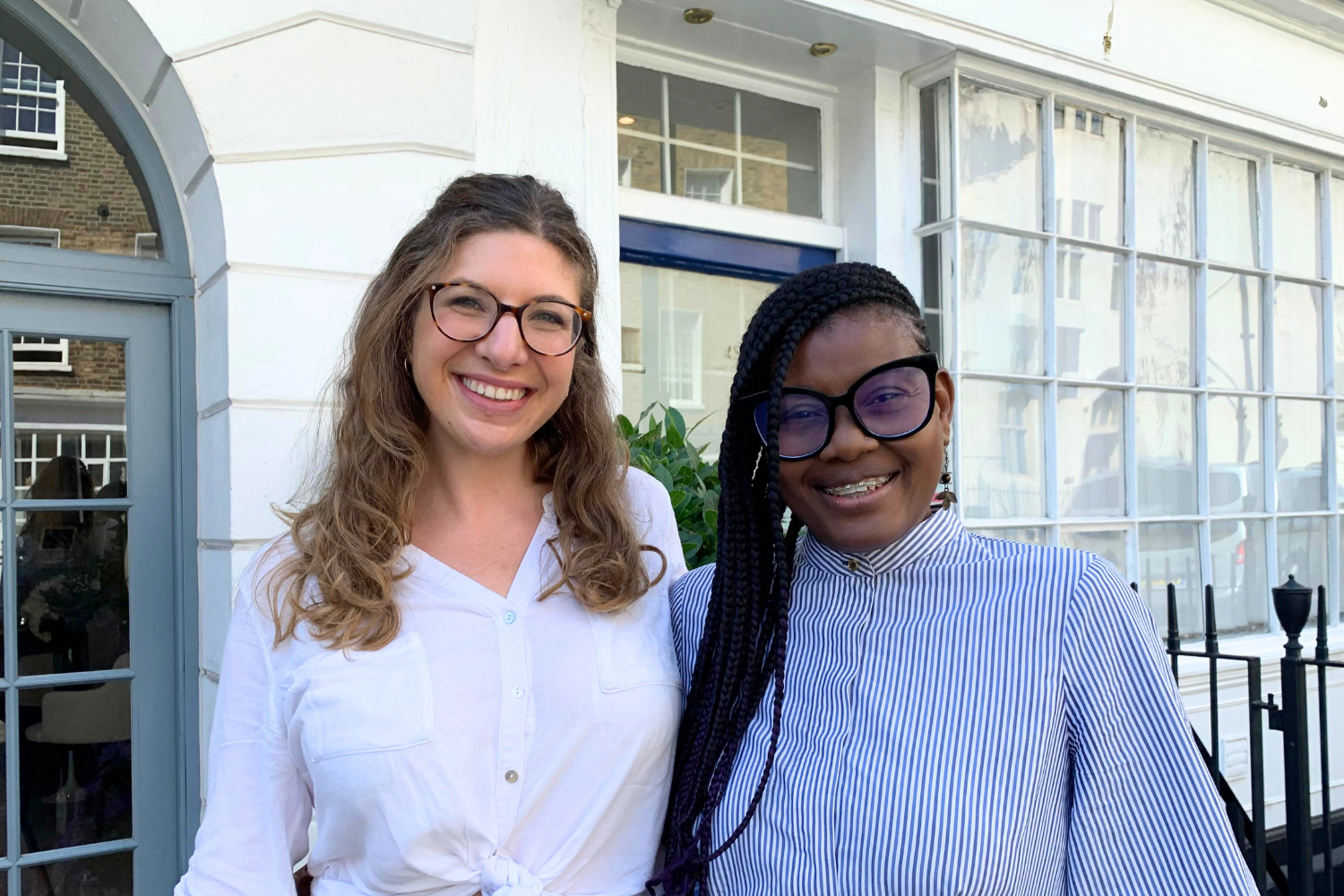
Mentoring can take many forms: good parenting, good friends, business mentors. I give a lot of credit to these mentors in my life.
Since working with my mentor in 2020, a lot has changed in the world. The pandemic created a massive shift in global awareness of physical and mental wellness. This brought a lot of changes for human resources companies like mine. Companies have to be even more aware of what staff wellbeing looks like and have policies to look after this.
My business is now starting to look internationally. We are looking at and implementing international standards and best practice for wellbeing, which allows me to network with organisations like the International Labour Organisation. I did some work with them and have seen great benefits.
Mentoring can take many forms: good parenting, good friends, business mentors. I give a lot of credit to these mentors in my life, to women’s organisations in Jamaica and to the Cherie Blair Foundation for Women, who have all impacted my life.
The way mentoring works is a phenomenal thing. You are talking about lives changing and businesses improving. Women are coming up in business because they know they have the support, including from each other – it’s no longer what they call a “boy’s club”. We’re buying from women’s businesses, we’re supporting them, we’re giving each other ideas. Mentoring is a very important tool in a woman entrepreneurs’ developmental toolbox in that respect.
There used to be a narrative that women don’t support women. I believe that has significantly changed. Supporting a woman entrepreneur means that children are going to school. That very same woman is going to go shopping and support other merchants. She’s going to be paying some bills, because women are focused that way. Women are savers. Women are investors. When you support a woman entrepreneur, that money is going to be circulated back in a way that positively impacts the economy.
For me, a successful business looks like generational wealth and continuity. When I say wealth, it's not just financial. It’s also a physical and spiritual type of wealth. It means that my children have seen me succeed and have a blueprint for success.
For me, a successful business looks like generational wealth and continuity. When I say wealth, it’s not just financial. It’s also a physical and spiritual type of wealth. It means that my children have seen me succeed and have a blueprint for success. Having a successful business also means I have the freedom to do less and achieve more. I’m able to enjoy what life has to offer.
The last few years of my business have been divine. I have worked with partners like the Food and Agriculture Organisation. I did a whole programme, coaching farmers from Jamaica and other countries in my region. For me, that was phenomenal because I used my coaching skills, which paired well with farming. We went into small farming communities to do simple things like registering farms and supporting farmers to understand the business aspects of their work so that they can be more profitable. That was just another level of success for me, because of what it means for my people. It means that Jamaican people are going to be able to live a better life. They might have come from poverty, but the next generation will be able to do whatever they imagine.”
Get involved...
-
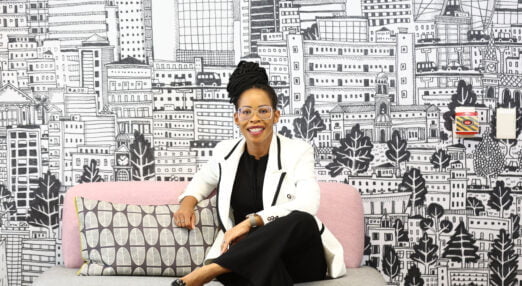
Become a mentee referral partner
Collaborate with us to support women entrepreneurs in your networks through the power of mentoring.
Read more
-
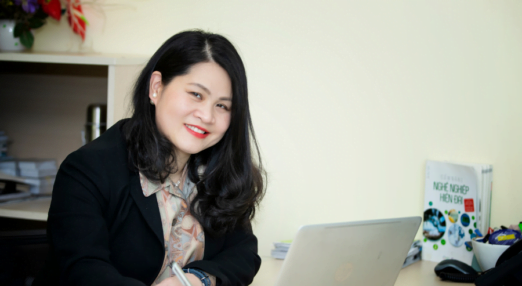
Become a mentor
Become a mentor and be part of a woman entrepreneur’s business success story.
Read more
-
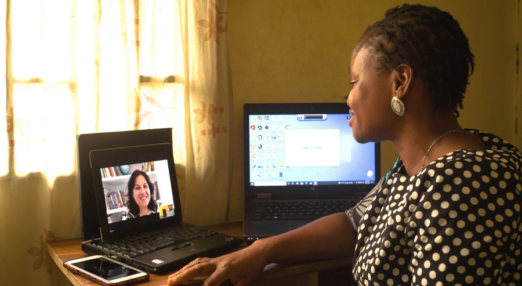
Become a mentee
Take your business to the next level with your own dedicated professional mentor.
Read more

